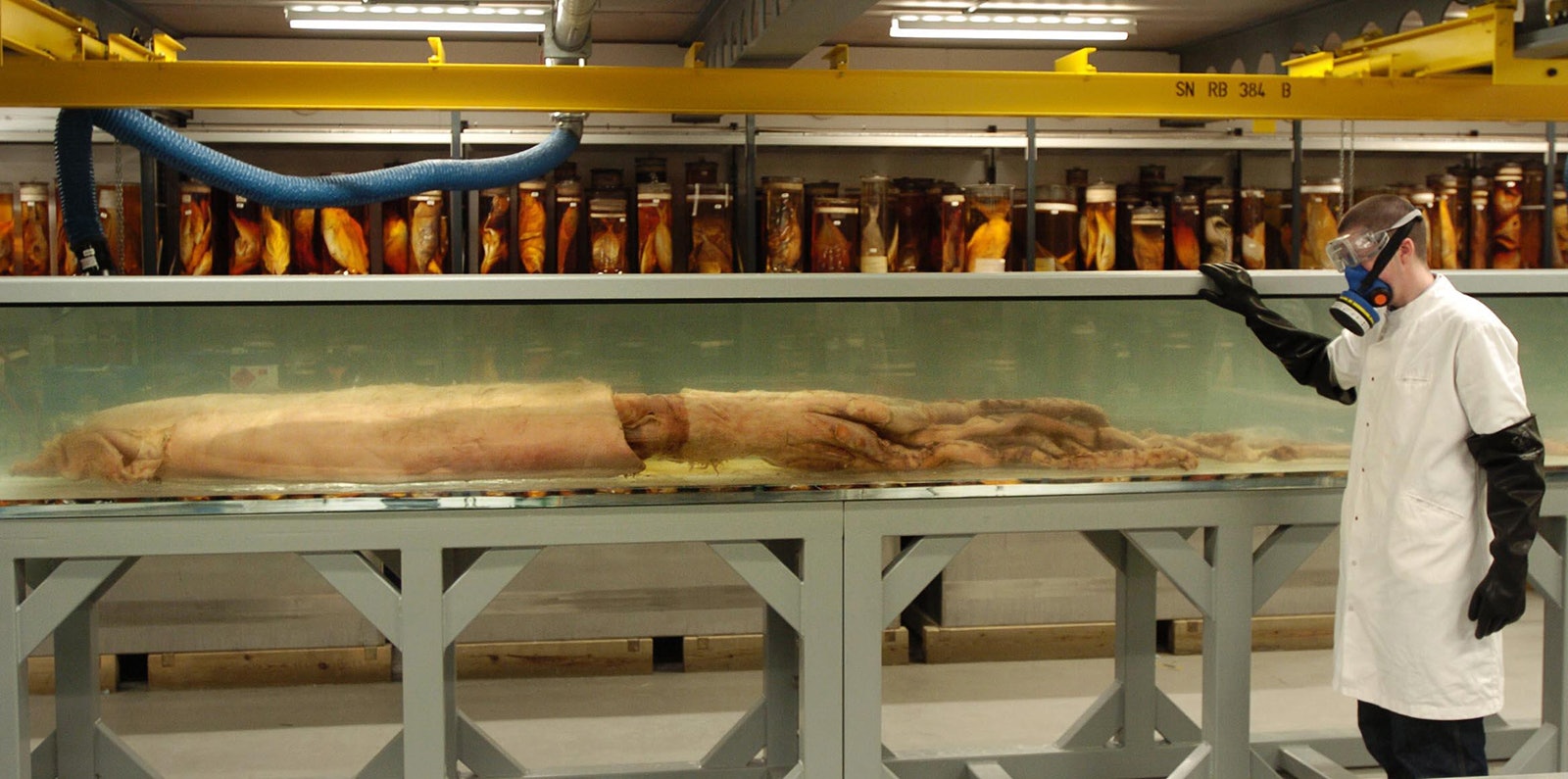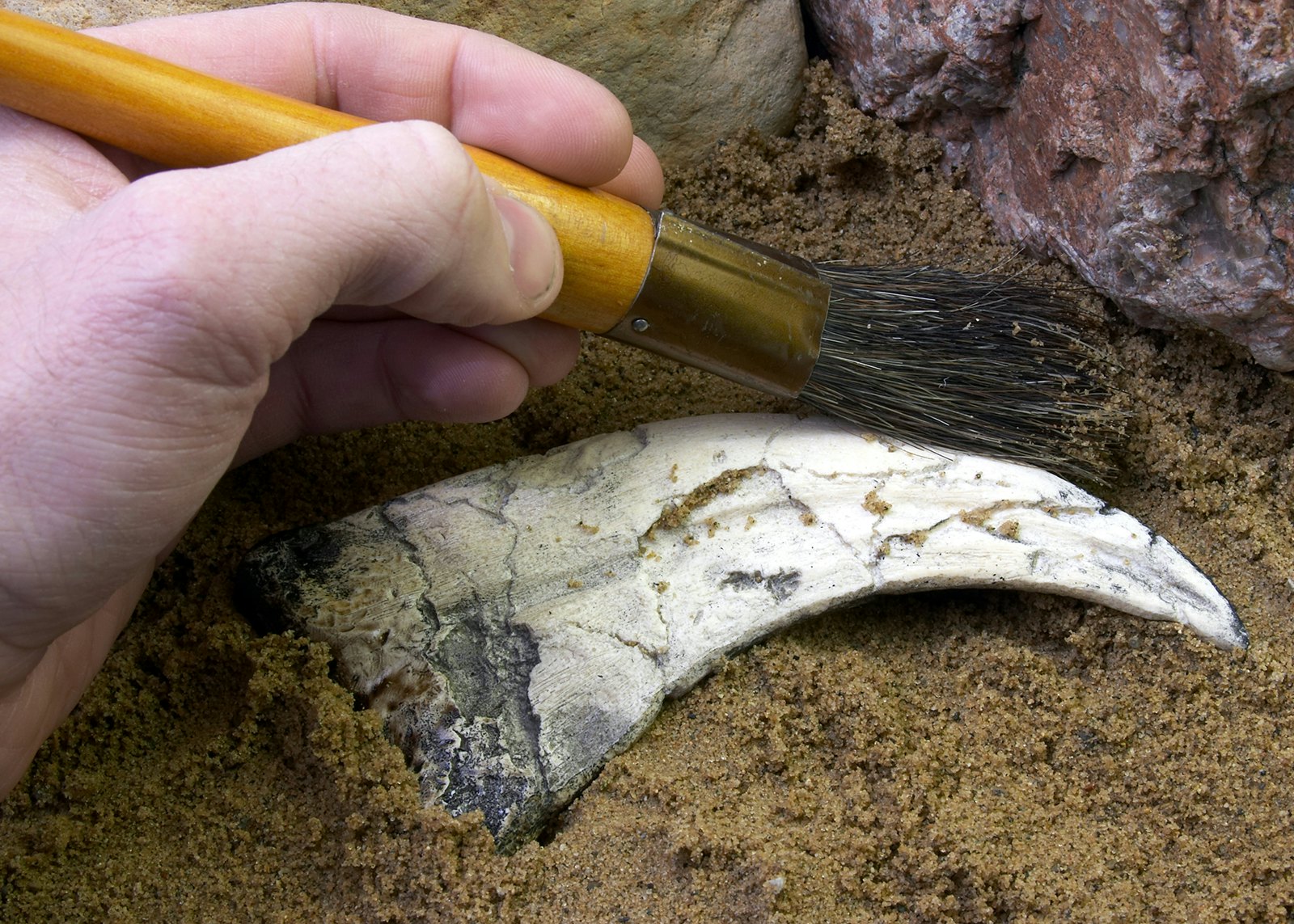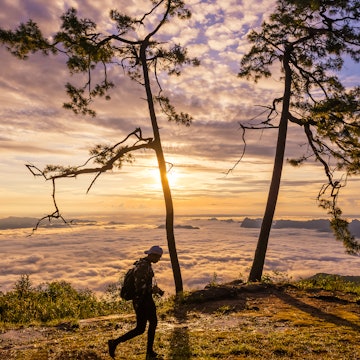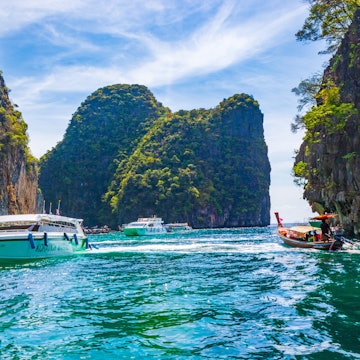

Pop quiz: does peering through a telescope at distant stars sound like a fun night out? Would you rather examine giant sloth fossils than relax on the beach? And when you’re at the beach, would you prefer to follow hermit crabs and peer in tide pools instead of working on a tan? If you answered ‘yes’ to any of these questions, you might just be a science geek traveller.

Even if you answered ‘no’ across the board, there’s good reason to read on. Why? Because you don’t have to identify as a science geek to approach the world like one, and letting your nerd flag fly high could make your next trip the most interesting adventure you’ve ever taken.
Know your niche
It doesn’t matter if your interest is spotting tropical dragonflies, pressing wildflowers, hunting geodes, or even strumming ukuleles – there’s a travel rule that applies to geeks of all stripes: pursuing narrow interests will broaden your experience.
Approach a destination without a lens and you’ll see what everyone else sees; but bring your obscure expertise, your hobbies, your peculiar passions (and possibly a portable microscope), and you’ll experience a side of a place tailored just to you. And if you track down fellow niche dwellers, they’ll open up the world for you.

Not sure where to begin? Start with small, focused museums. Ogle the hyper-real glass flowers at the Harvard Museum of Natural History; take a spin around the globe museum at Vienna’s Nationalbibliothek Prunksaal; or learn about rare and somewhat distressing medical conditions at the Mütter Museum in Philadelphia. Not only do these museums offer a break from crowds, but their curators will be thrilled at your interest.
Find the high point
The view, the challenge, the bragging rights – people climb mountains for any number of reasons. For science geeks, there’s another purpose: it forces you to travel from low to high, allowing you to observe the changes as you climb. Whether you go from mangroves to cloud forest, desert to alpine forest, or coastal city to rural village, you get to see a cross-section of both the environment and the culture of a place.

Among the thousands of travellers that visit Chiang Mai every year, few venture outside the city to Thailand’s highest point in Doi Inthanon National Park (2565m). You can be hunting for an iced tea on the hot, busy streets of Chiang Mai’s Old City, and just over two hours later find yourself ascending past waterfalls into a cool, dripping cloud forest where people will be scarce and you’ll be thankful for a hot cup of coffee.
No peak? No problem. A cross-country trail can be as good as a climb. Grand Cayman only hits 18m above sea level, but getting to that not-so-high point could elevate your trip. The Mastic Trail is a quiet two-mile stroll along boardwalks through a subtropical dry forest. Take a guided hike from the National Trust for the Cayman Islands and you’ll quickly learn how to spot camouflaged tree frogs and see how even the subtlest ups and downs in elevation can completely change the plant communities.
Go behind closed doors
The sad truth of museums is that you only ever get to see a tiny fraction of the wonders in their collections. The rest remains behind locked doors, awaiting future exhibitions, or – more likely – never enjoying a moment of public appreciation.

London’s Natural History Museum is a draw for any science buff, but you might find yourself wondering about the 80 million specimens not on display. Behind one locked door, you would find treasures from the voyages of Captain Cook and Darwin’s Beagle; behind another, Archie, an 8.62-metre-long squid in a glass jar. Thankfully, these exhibits aren’t permanently hidden – the museum offers behind-the-scenes tours that change seasonally (check the website for availability).
They’re not alone. The Deutsches Museum in Munich offers technical guided tours aimed at visitors with special interests and advanced knowledge. Chicago’s Shedd Aquarium, Honolulu’s Bishop Museum, Houston’s Museum of Natural Science and many others offer behind-the-scenes tours, too. Nearly all require booking in advance. And if you’re deeply interested in a topic – even if you’re an amateur – write an email to the curator of a collection. Sharing a passion can also unlock doors.
Get your hands dirty
Science isn’t just something you stare at in museums; it’s an activity you can pursue on almost any trip. No matter where you are, there’s almost always a way to get your fix, whether it’s studying the latest engineering marvels in a city, learning about the local flora with a hand lens and a field guide, or comparing the night sky with your view at home.
In some destinations, you can really get your hands dirty. Joining a bioblitz, the citizen-science field days focused on recording as many species as possible from a specific location, is a great way to get to meet local naturalists and learn about the flora and fauna.

Fossil hunters have many choices around the world. Patient beachcombers can hunt for fossil shark teeth, including giant megalodon teeth, at Calvert Cliffs State Park in coastal Maryland. Those with less patience, meanwhile, should head to a facility with helpful guides on hand to point you in the right direction, such as Fossil Expeditions in Fort Myers, Florida, where you have to get wet to find mammal, reptile and shark fossils in riverbeds.
For the full science-meets-travel experience, join archaeological digs and research expeditions around the world. Set your expectations appropriately: you probably won’t be unearthing a pharaoh’s tomb. Expect hard work and minimal creature comforts, but also fascinating people and unique destinations. Organizations like the Archaeological Society of America and Past Horizons regularly post fieldwork opportunities overseas.

Be a good field assistant
Scientific expeditions are rarely solo endeavours; in fact, many will involve multiple investigators working on different studies simultaneously. Success is nearly always dependent on having a group of reliable collaborators willing to help each other out, or at least wait patiently while one person’s area of interest gets priority.
You can apply this principle to your travels, too. Did you make your companions stay up late and kayak out to see the strange glow of Jamaica's Glistening Waters lagoon? Did a friend loyally follow your whim to climb to the top of the nearest mountain (see above)? No matter where you dragged them, you owe it to them to follow their niche interests to whatever experience awaits. You might know precisely what you’ll find in your destination of choice, but theirs is guaranteed to be a surprise.













